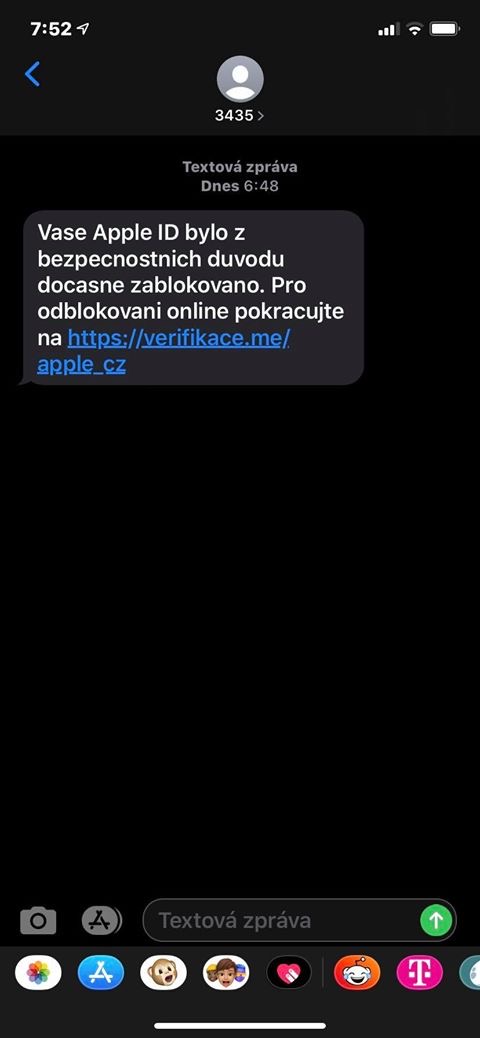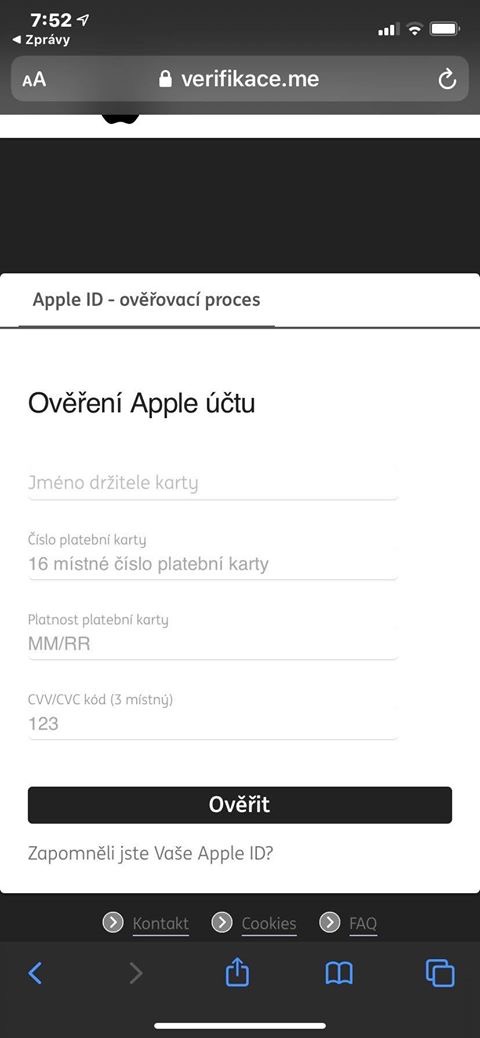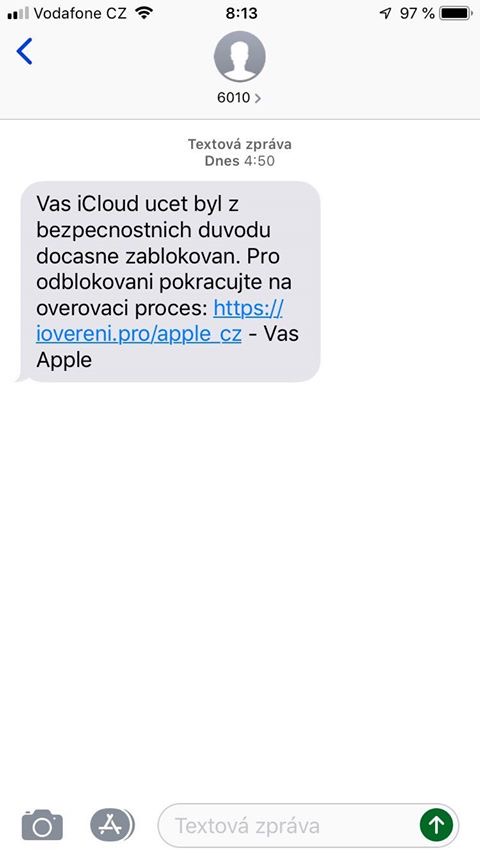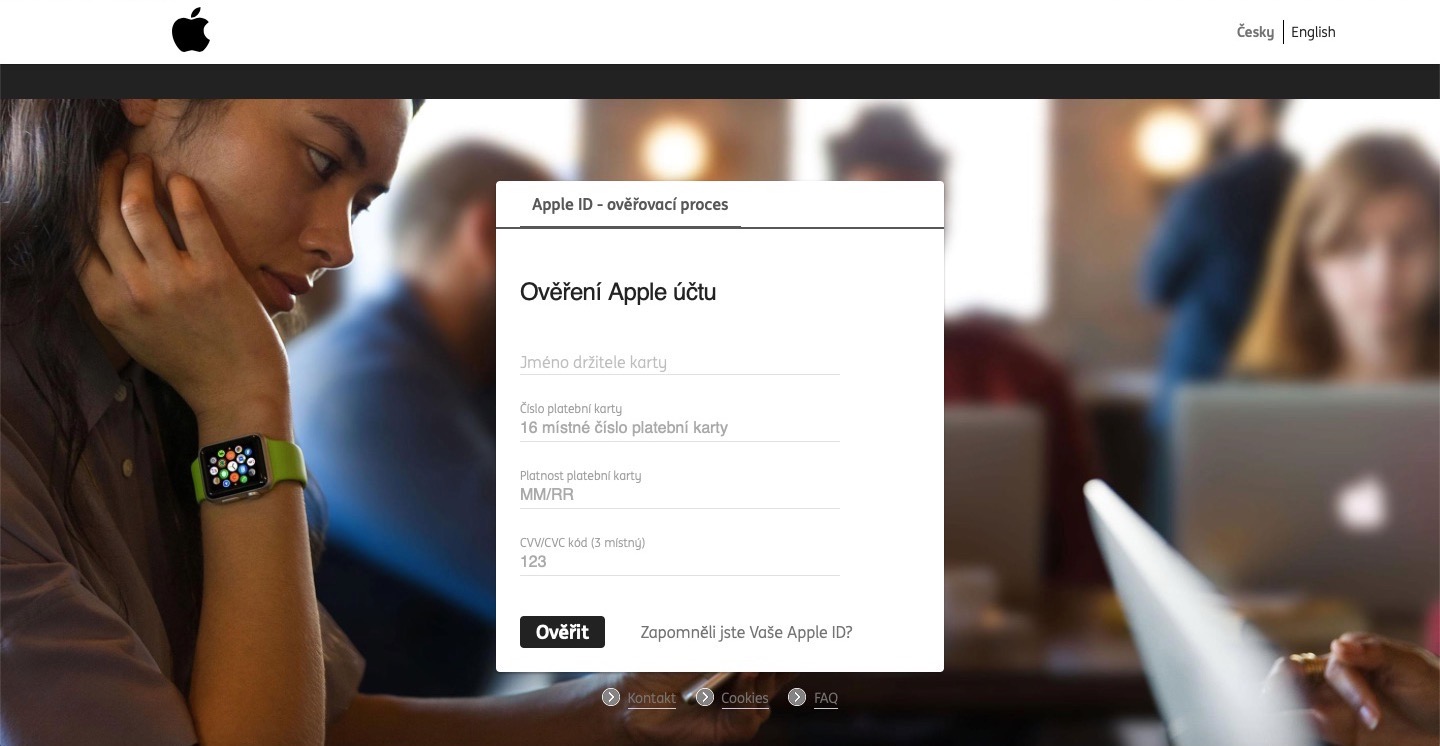Despite the fact that Apple devices are much more secure than competing ones, and at the same time there are also less targeted hacking attacks on you, even if their total number has increased in recent months, this certainly does not mean that it is not possible to attack an iPhone or even an iPhone with some virus and possibly also hack it. Under the term "hack", you can imagine, for example, taking control of a device, possibly the possibility of obtaining various data from the device, or, for example, hacking into various online accounts, including online banking. Let's take a look at 5 tips to protect your iPhone from hacking together in this article.
It could be interest you
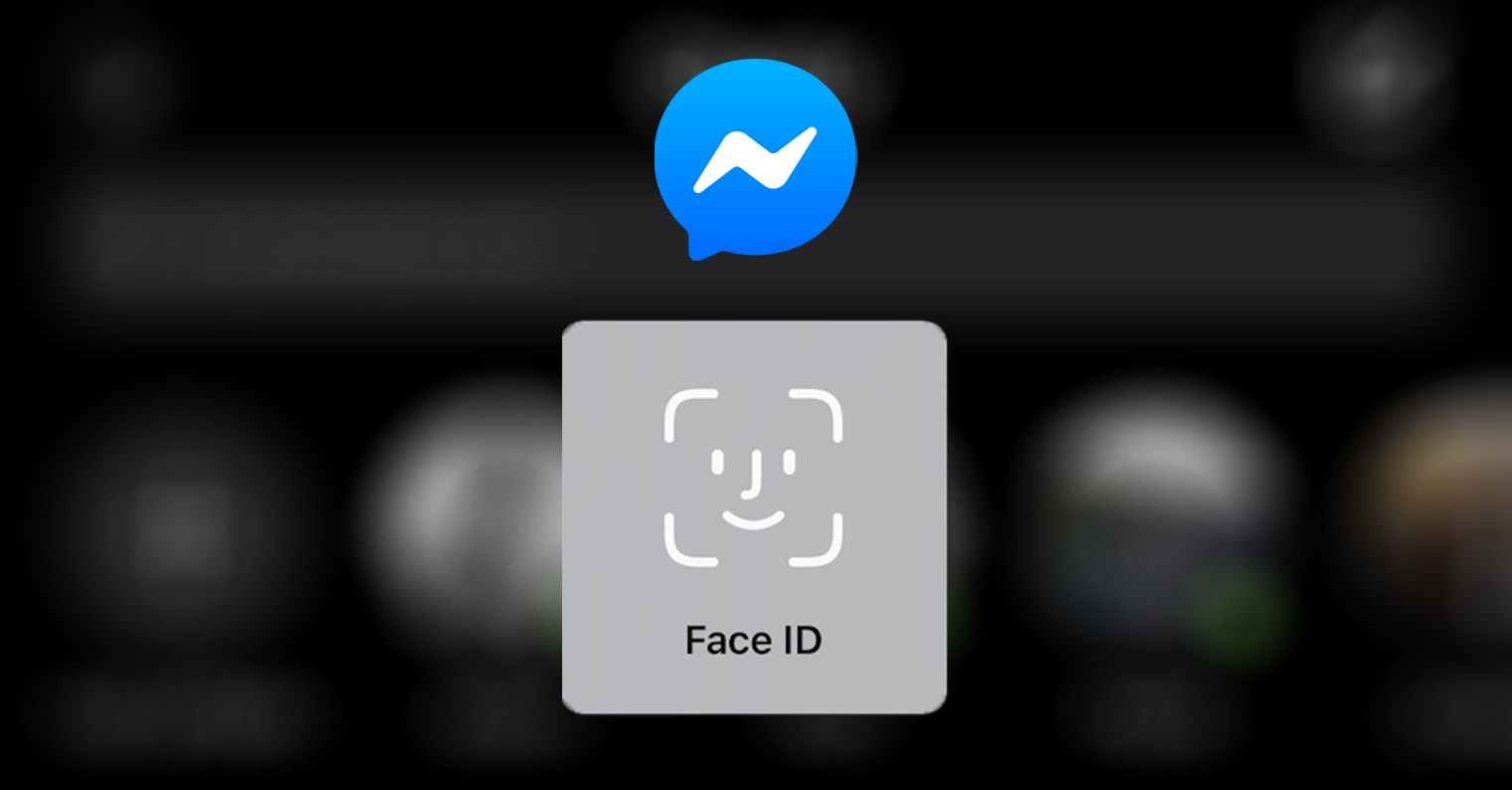
Regular iOS update
If you want to be sure that your iPhone or iPad is free of viruses, it is necessary to update it regularly. Even now that iOS 13.6 is current, some individuals have, for example, the old iOS 10 installed and do not want to update for several reasons. In addition to adding new features in new iOS versions, Apple fixes various security flaws that can be exploited by hackers. Only the latest version of iOS ensures that you are 100% protected against the latest malicious code. To update your iPhone or iPad, go to Settings -> General -> Software Update, where the update, if available, do it.
Setting the function for automatic deletion
Your device can be hacked even after someone steals it from you. Although it is definitely not common, believe me there are ways a hacker can get into a stolen device. In this case, you can protect yourself in a simple but very radical way. In iOS and iPadOS, there is a feature that automatically wipes the entire device after 10 wrong passcode attempts. So no one can access your data this way - most of these jailbreaking hacks are brute-forced, where every possible code option is entered until the right one is found. If you want to activate the mentioned function, go to Settings -> Face ID and code or Touch ID and code, where then get off below and using the switch activate function Delete data.
Unknown links and files
If you want to avoid potential hacking of your device as much as possible, it is necessary that you do not click on unknown links and download unknown files in Safari. It is in this way that most users are infected with malicious code. For example, you can download malware to your device that gets into your Calendar, or an attacker can gain control of your device, along with your personal data. So if you find yourself on a website that asks you to download a file and you don't know what it is, never allow the download. Likewise, don't click on suspicious links that can also harm your device.
Malware in Calendar:
Application of unknown origin
If a developer wants to upload an application to the App Store, it is definitely not a simple process. This is because the application is subjected to a lengthy approval process, during which the code is searched for various potential pitfalls. Most of the time, no malicious application gets into the App Store, but from time to time, even the master carpenter sometimes fails and Apple releases such a malicious application into the App Store. Therefore, you should not download applications for which there are no or only negative reviews. Apple usually deletes these applications from the App Store immediately after detection. However, if you have downloaded such an application, Apple does not have the option to remove it from your device even after downloading. So you have to do the removal yourself.
It could be interest you
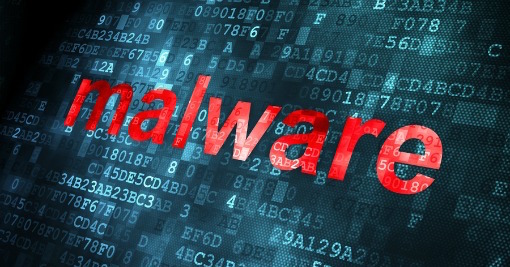
Using common sense
Most likely, you are waiting for a point to appear here, in which we recommend you to download an antivirus. However, antivirus for iOS or iPadOS is simply not worth downloading, besides, you would look for an antivirus in the App Store in vain. The best antivirus ever is to use common sense - see the examples given in the paragraphs above. If something simply looks suspicious to you, then it most likely is suspicious and you should not take any further action. At the same time, it must be noted that no one will give you anything for free - so if you see a page that informs you that you have won an iPhone, then even in this case it is a scam.
Examples of phishing:
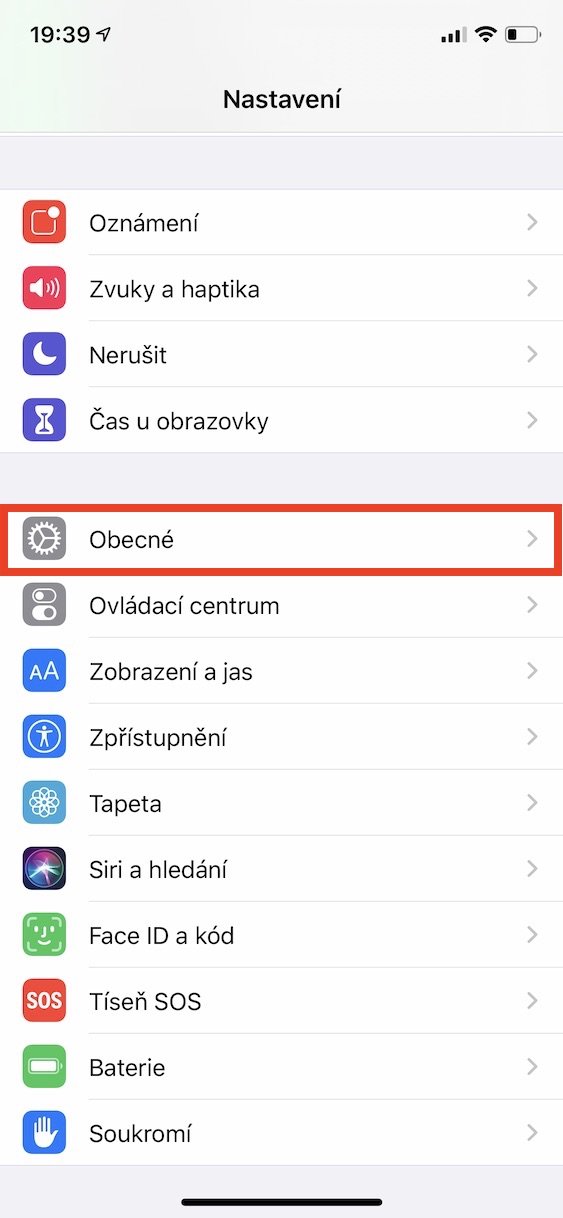
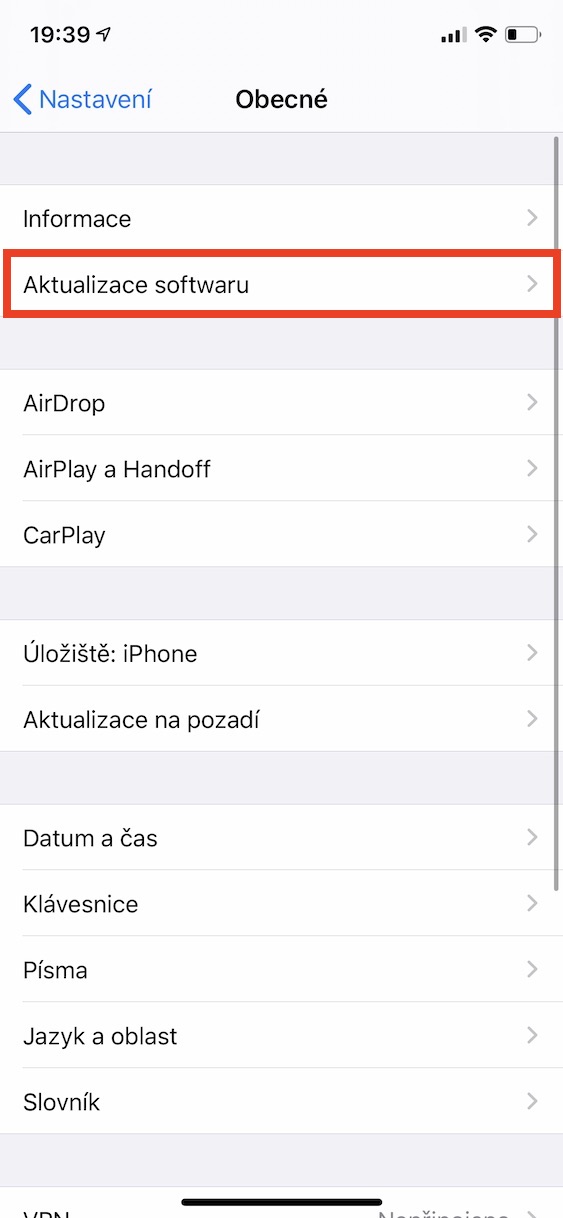
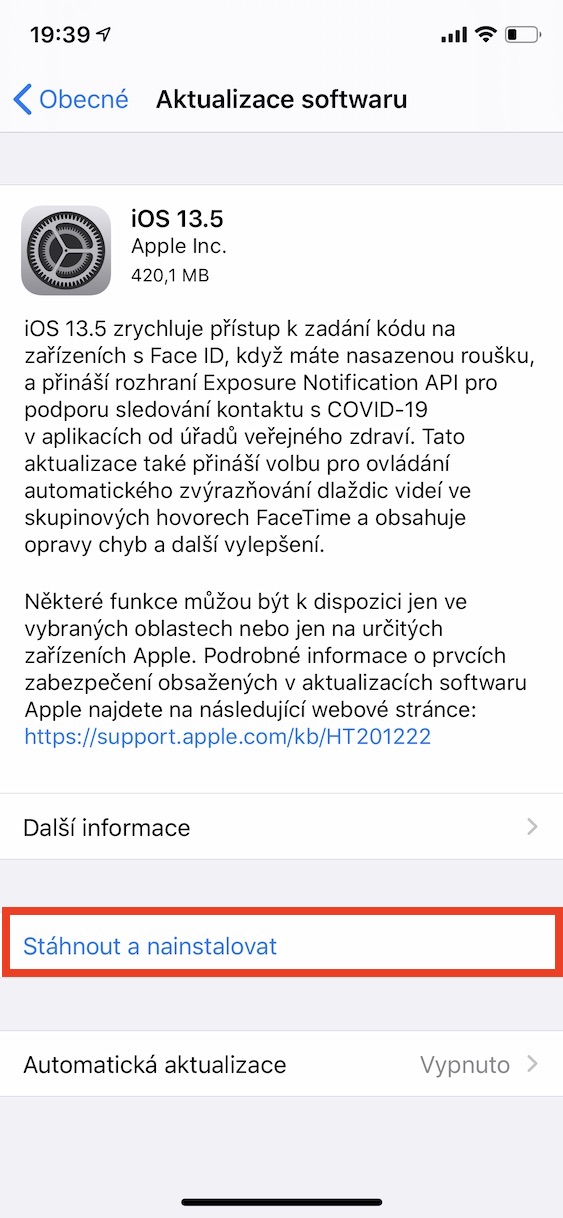
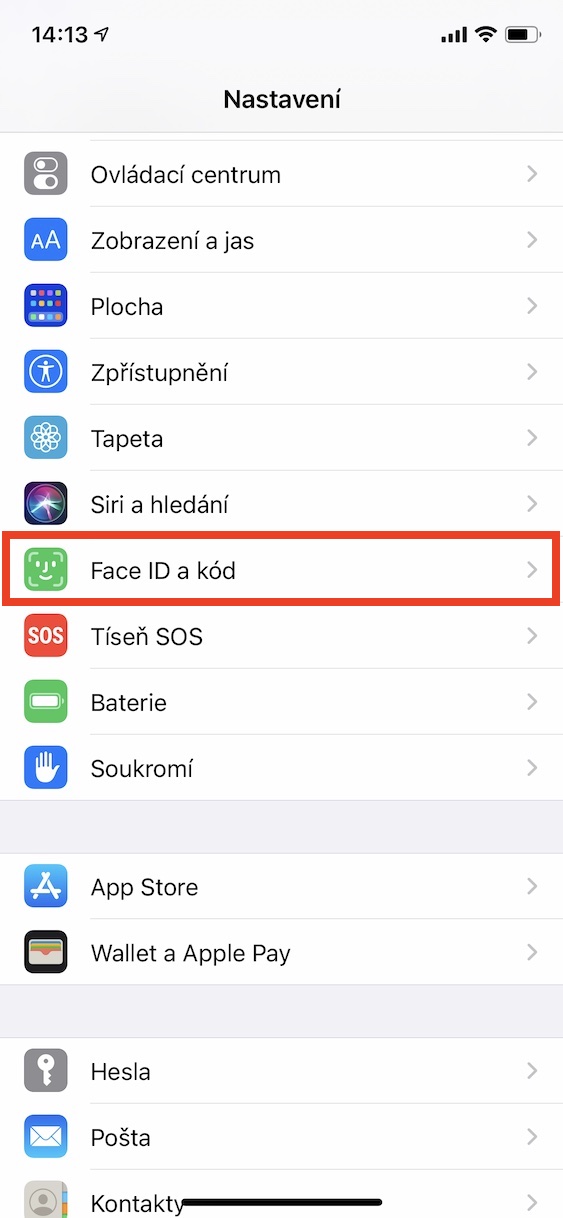
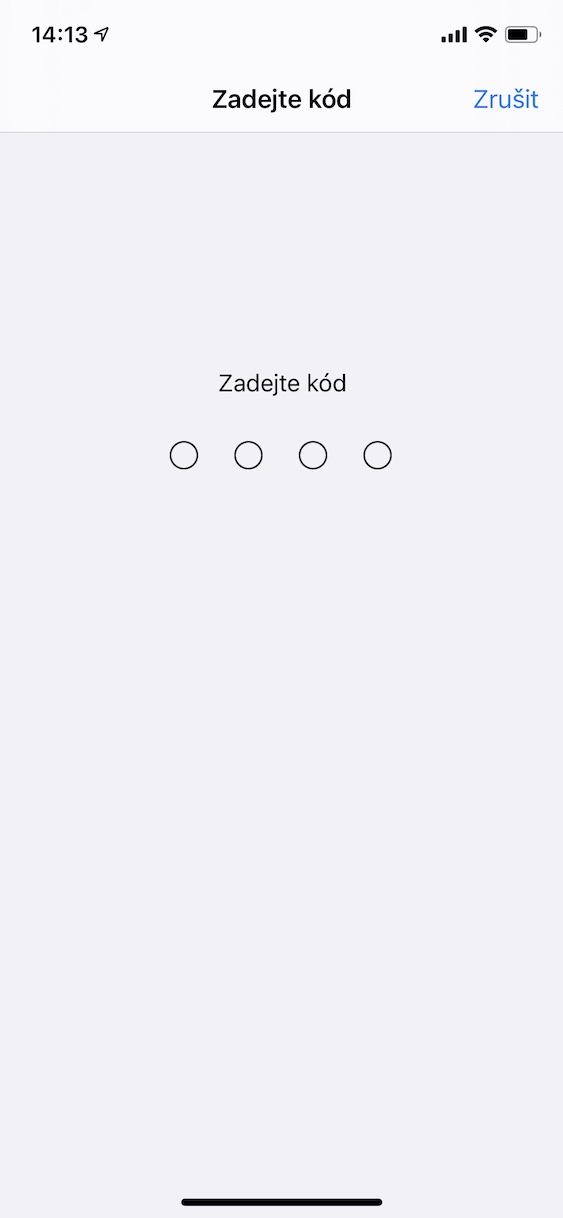
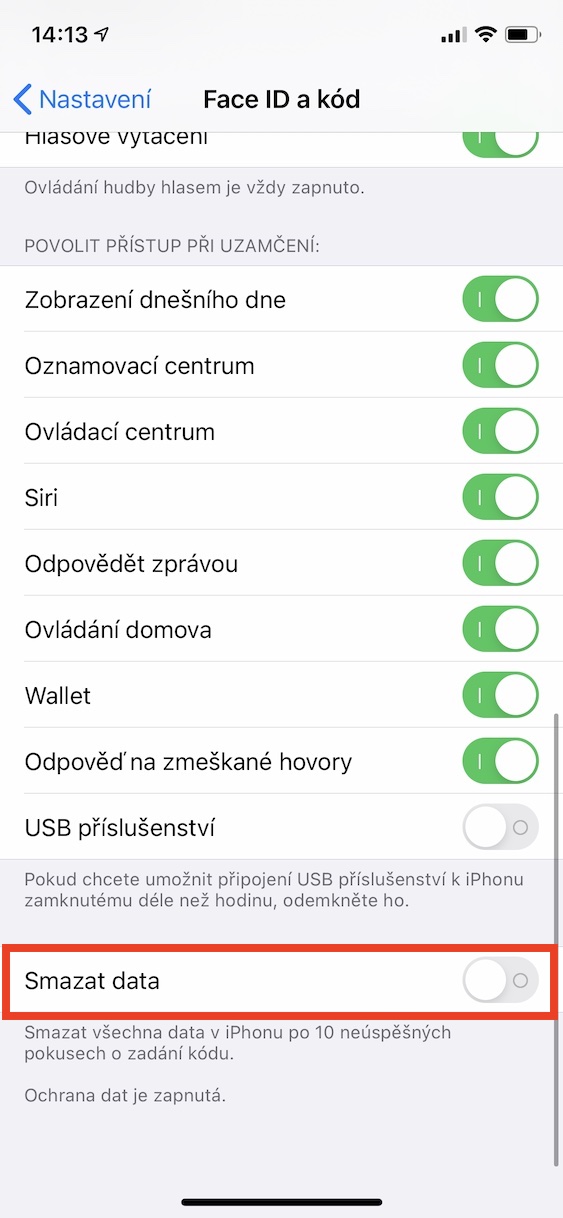
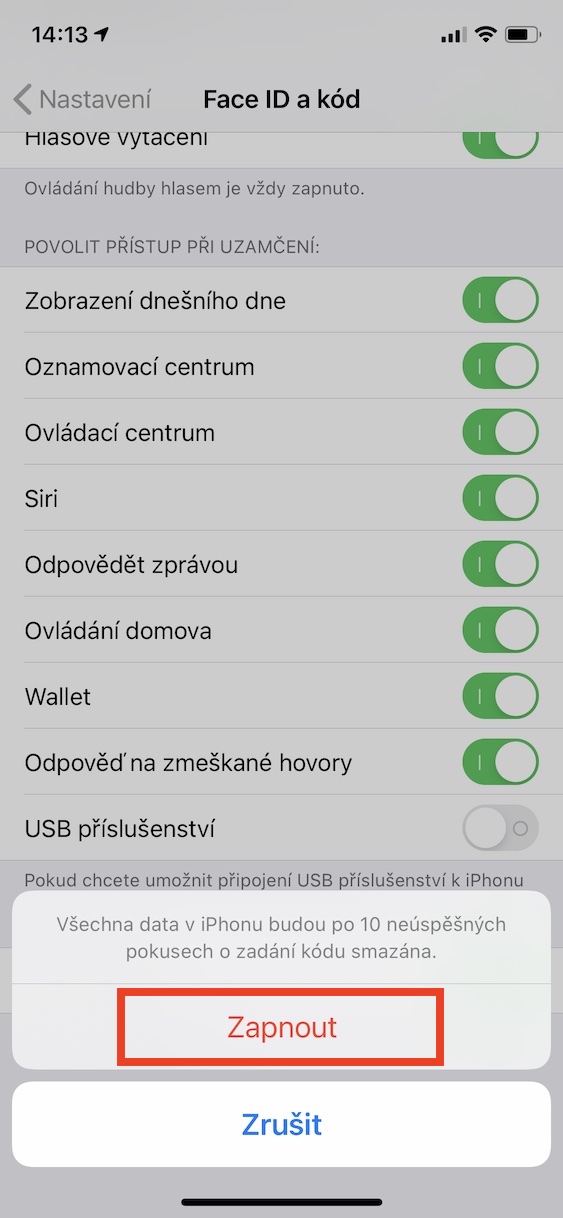
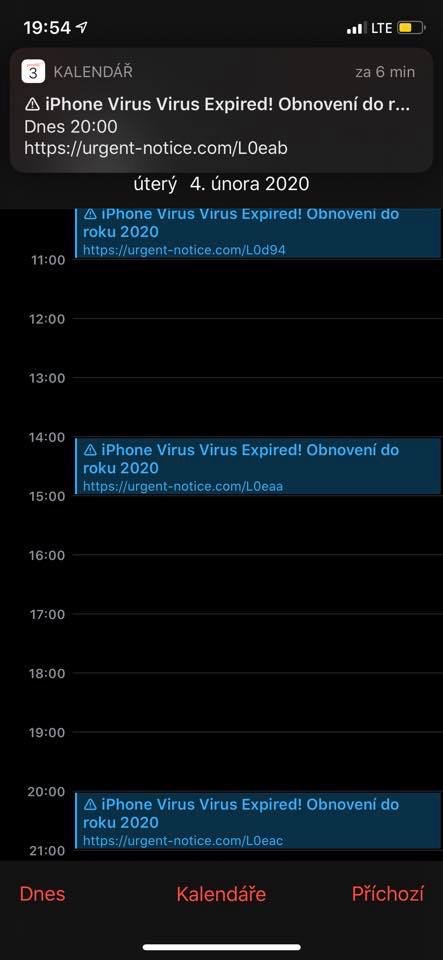
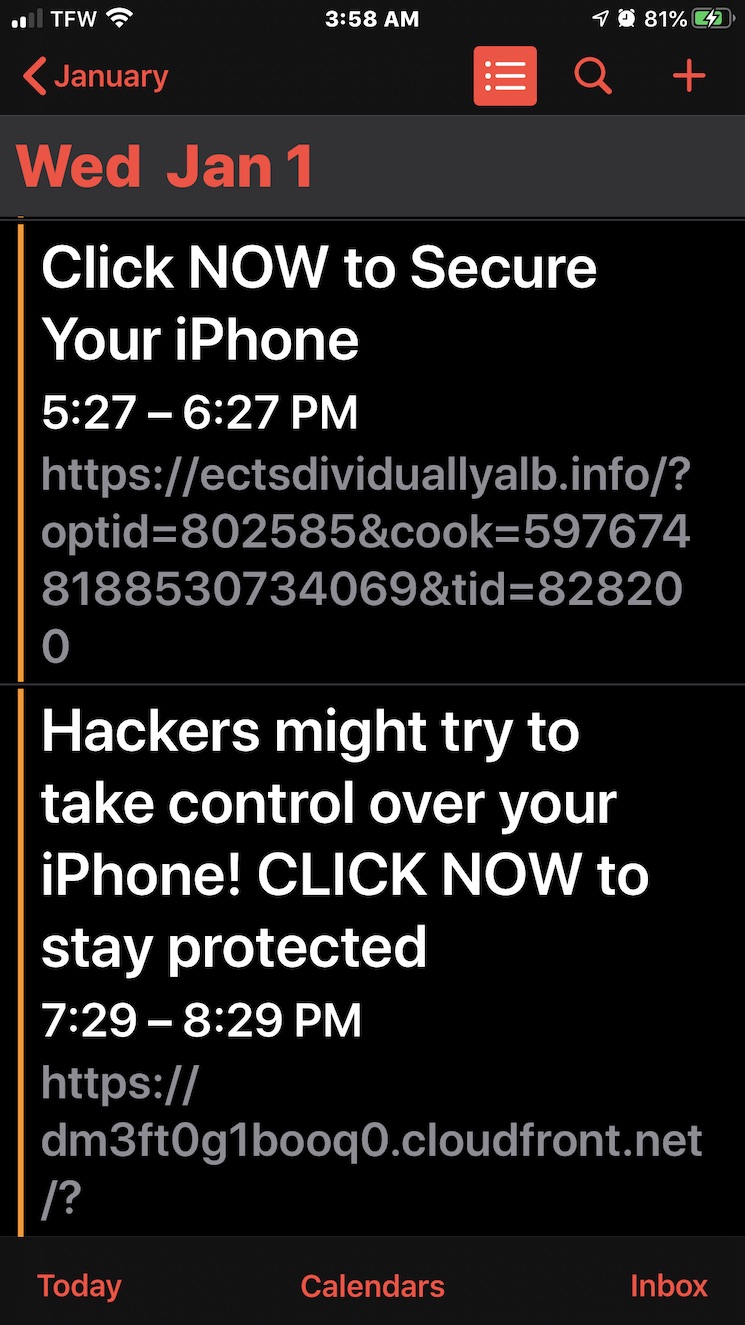
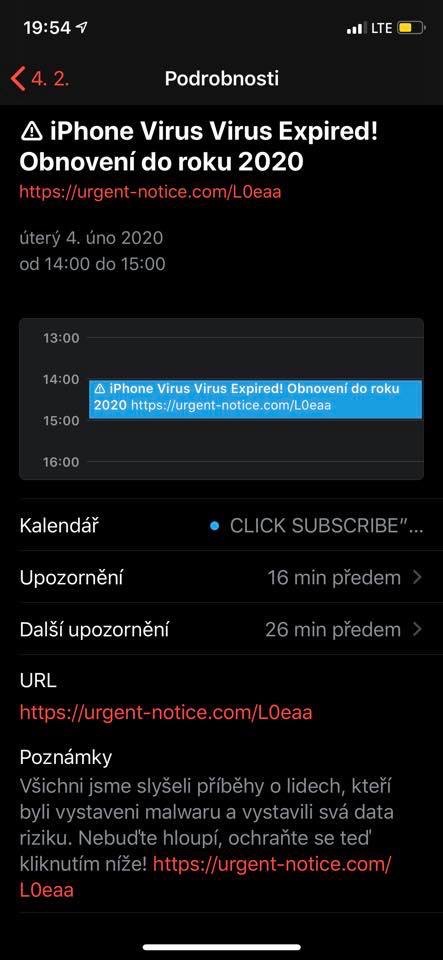
 Flying around the world with Apple
Flying around the world with Apple 